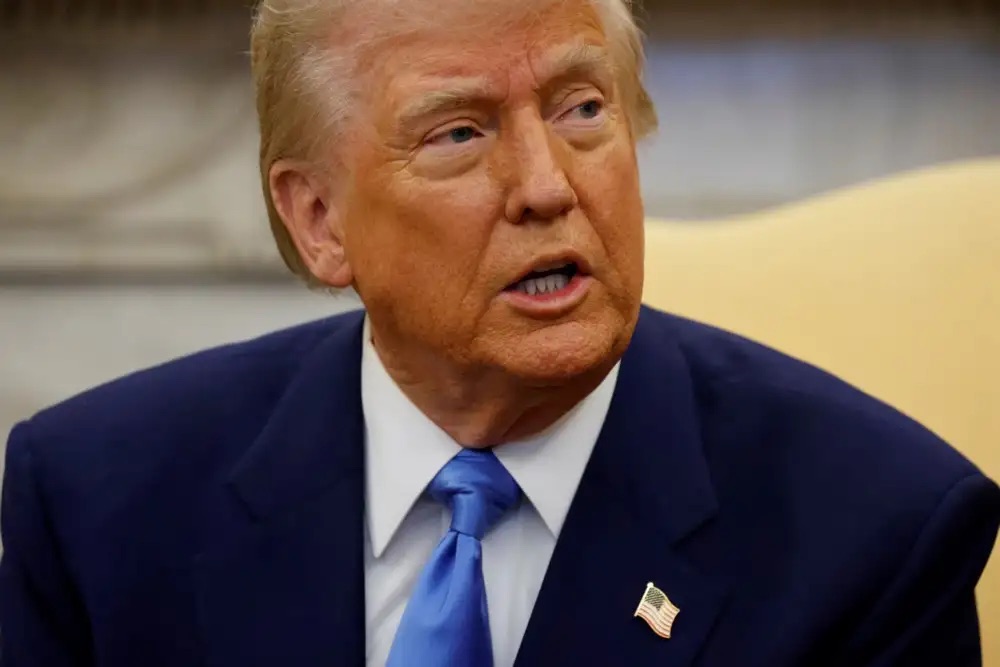
President Donald Trump’s executive order paved the way for Medicare to negotiate drug prices and brought real reform to the process. If successful, this audacious initiative has the potential to radically reshape the United States healthcare paradigm. This order would help ensure that 66 million Americans on Medicare are paying the lowest possible healthcare costs. Yet it only serves to cover those 65 years or older.
So far, the Biden administration has succeeded in negotiating price reductions of up to 79% for the first ten high-cost drugs. This step was included in the Inflation Reduction Act. This legislation takes the common-sense step of empowering Medicare to negotiate prices directly. Specifically, it targets only a handful of narrowly identified drugs, namely the most costly to the program. The second group was of certain reimbursed medications that providers received payment from Medicare without incurring a cost. Among the public, the administration’s actions were popularly viewed as a major victory in the fight to rein in pharmaceutical costs.
Trump’s Commitment to Lower Healthcare Costs
Trump has signed a fourth, rehashed executive order. Among other potential actions, it directs Health and Human Services Secretary Robert F. Kennedy Jr. to collaborate with Congress on improving the current negotiation framework. One thing that hasn’t changed is Trump’s commitment to address rising healthcare costs. His latest order creates a national security report on the pharmaceutical industry, drawing attention to the need for an independent domestic supply chain of medicines.
Administration’s executive order released in July seeks to make similar changes to bring Medicare drug payments in line with hospital payments. These hospital reimbursements would be as much as 35% less than today’s Medicare payment rates. That legislation established a new negotiation process for a second group of fifteen drugs. This cohort is led by Novo Nordisk’s diabetes and weight-loss drugs, Ozempic and Wegovy. The Trump administration’s new proposal would negotiate prices for this group. This approach has the potential to drive more savings than the Biden administration achieved in its first round of negotiations.
The complex biotech drugs have the longest wait times before they can become eligible for negotiation, and this has been addressed in the executive order. Currently, that wait is an unbelievable 13 years. By expediting this process, the administration hopes to provide more immediate relief to Medicare beneficiaries and ensure that they have access to affordable medications.
The Inflation Reduction Act directed the FDA to streamline the approval process. This will give Americans access to lower-cost generic and biosimilar versions of branded medications more quickly. This new pilot program is meant to increase competition in the drug market, helping to drive down costs for consumers even more.
Author’s Opinion
The efforts by both the Biden and Trump administrations in negotiating drug prices are commendable, but both policies also need to overcome significant hurdles. The Biden administration’s progress has been impressive, but the continued support of industry giants will determine whether these changes result in real, long-term benefits for Medicare beneficiaries. Trump’s initiatives, while promising, need clearer execution to ensure that cost reductions are impactful and sustainable for the majority of Americans.
Featured image credit: FMT
Follow us for more breaking news on DMR
